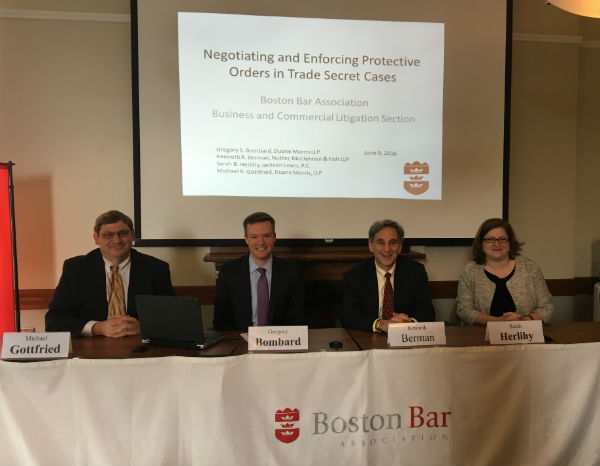On April 26, 2019, the Third Circuit Court of Appeals vacated and remanded two district court decisions in which the courts had held that a restrictive covenant agreement—offered only to the company’s highest-performing sales employees in exchange for eligibility to participate in a stock-option award program—was unenforceable per se under New Jersey law. ADP, LLC v. Rafferty, 18-1796, 2019 WL 1868701 (3d Cir. Apr. 26, 2019).
ADP utilized two separate layers of agreements containing postemployment restrictive covenants: (1) sales representation agreements (SRAs) and nondisclosure agreements (NDAs) signed by all employees at the time of hire and as a condition of employment; and (2) restrictive covenant agreements (RCAs) with certain high-performing employees as a condition of those employees’ eligibility to participate in the company’s stock-option award program. The RCAs contained more restrictive provisions than the SRAs and NDAs.

